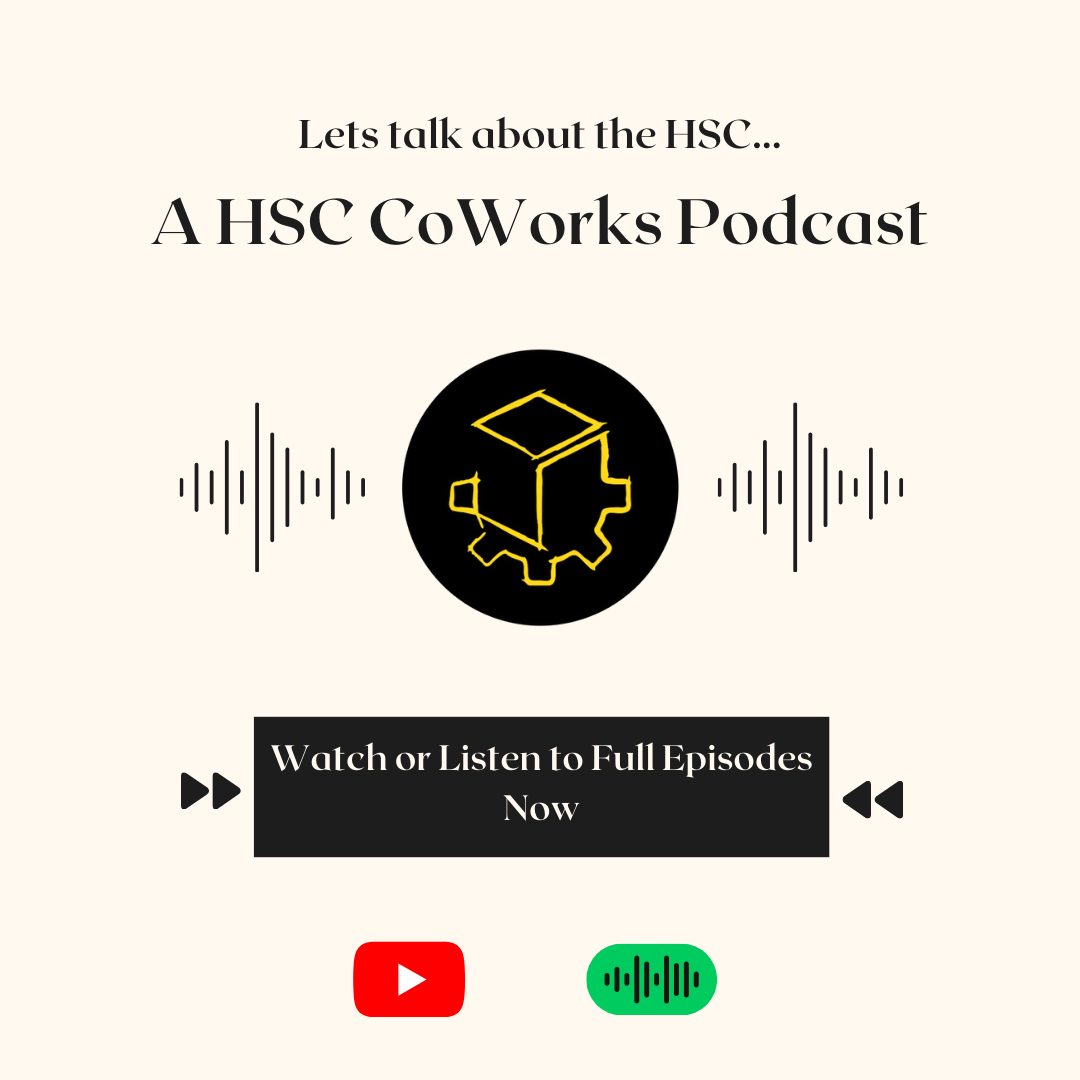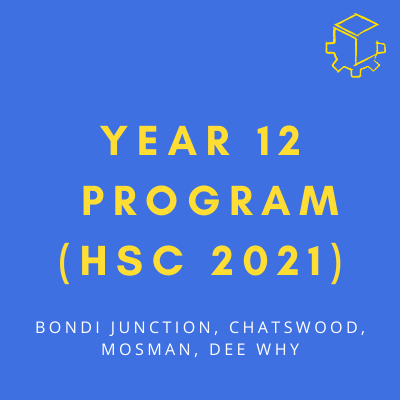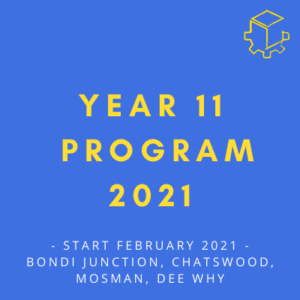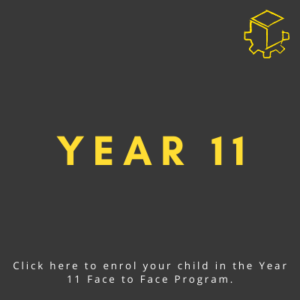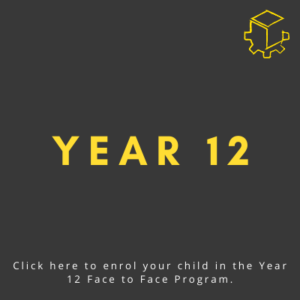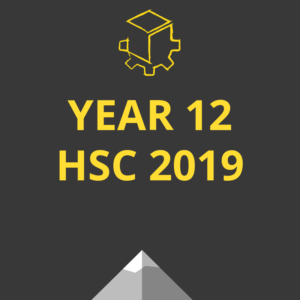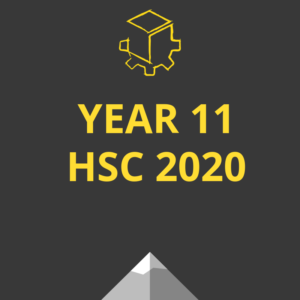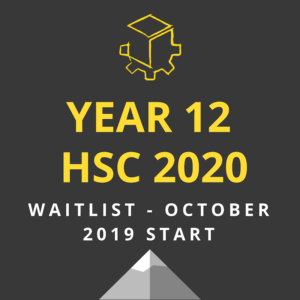One of my roles at the HSC CoWorks is to make our students feel comfortable outside their comfort zone as that’s where the extra marks are to be found.
Over the last week especially I have had five different students tell me that they can’t remember all of the syllabus for different content heavy subjects (PDHPE, Business Studies and Economics).
When I looked at how they were studying, I wasn’t surprised. Who can memorise 50 plus pages of typed notes?
In order to progress and improve students need to find a balance between stretching themselves beyond their current level but not so far that they feel overwhelmed and anxious. From a NeuroScience perspective without stretching beyond current capabilities the brain is not activating the Pre Frontal Cortex (which is where the real thinking and learning happens).
Compare the effectiveness of one student who spends 1 hour highlighting 20 pages notes for Business Studies to another student who is responding to Business Studies short answer questions under exam conditions for 45 minutes and then reviewing the answers for 15 with the help of notes. You really can’t compare. Unless the Pre Frontal Cortex is engaged (ie – you are stretching yourself with your study) you really are wasting your time despite having the best intentions.
Still not convinced?
While the activating of the Pre Frontal Cortex makes sense to me, it’s often helpful to use an analogy when explaining to a teenager. When trying to explain to a few students that without struggle there is no progress (one of our favourite quotes at the office) I used a few analogies that seemed to help.
For the surfer
Do you want to surf in 1 foot surf or do you want to get barrelled in 4 – 6 foot surf? Which wave feels better? Which conditions are better for improving your surfing? Where would Mick Fanning rather be surfing?
For the swimmer
Hanging out in the kiddies pool or swimming in the 50 metre pool. Which is better for your growth and fitness? Which feels better after you have finished?
Or for learning driver
Which is better for your driving, watching some car racing on TV or actually driving on the roads?
Studying that activates the Pre Frontal Cortex and strengthens brain connections: some examples
- Practicing writing three introductory to paragraphs to different questions in 30 minutes
- Write a full Modern History Essay using a question from the HSC of 2010 (45 minutes)
- Create a mindmap for one topic for Business Studies/Economics/PDHPE/Biology/Geography in 45 minutes and 60 minutes later try and recreate the same mindmap without using your notes. (Repeat this process every 3 days)
- Complete Question 7 – 10 in the 3 Unit Maths Exam from the HSC of 2009 in 40 minutes. Spend 20 minutes going over your answers.
- Attempt a new HSC English essay each day(40 minutes) and spend 15 minutes typing it up and submit for feedback
Studying that does not strengthen the Neural Connections in your brain: some examples
- Re-reading English texts
- Highlighting notes
- Reading notes
- Re-doing your notes
- Tidying your bedroom/your folder/the kitchen
- Copying out your English essays 50 times
- Copying your notes with your notes in front of you
- Completing Maths problems and checking the answers every time you get stuck (without struggle there is no progress)
- You get the picture
Over these final stages of HSC 2013 I will be on the look out to make sure our students are operating outside their comfort zone and utilising their Pre Frontal Cortex so when the final results come out in December 2013 our students will be grateful that they struggled in order to progress.The extra marks are out there so lets pick them up!
If anyone has any questions or would like to have a one on one catch up to look at how you can improve your study please let me know.
Jesse
Head Coach – HSC CoWorks

